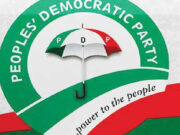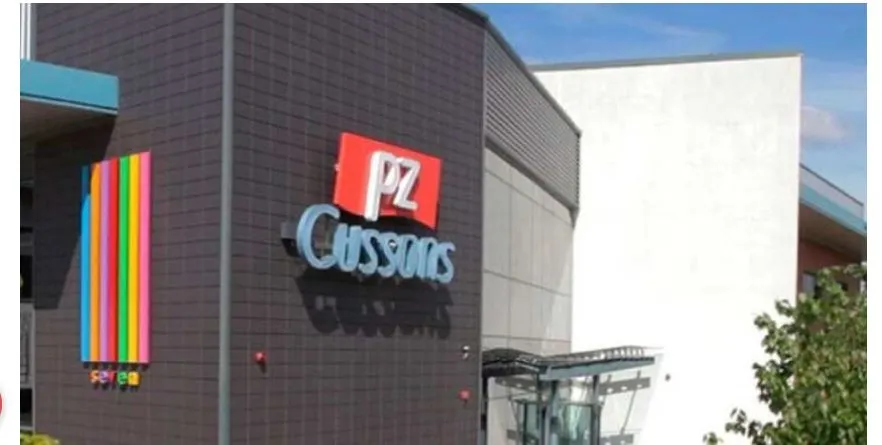PZ Cussons, a company with a 140-year history, is contemplating departing from Africa due to a sharp decline in sales in Nigeria.
PZ Cussons, a company steeped in 140 years of history, is contemplating withdrawing from Africa due to a significant decline in sales in Nigeria. According to Bloomberg, the British soap maker is evaluating its Africa business, considering the possibility of divesting from the region where it was originally founded. This move aims to redirect investments into its remaining operations and address debt concerns.
The CEO, Jonathan Myers, emphasized the importance of balancing respect for the company’s heritage with a forward-looking perspective. He hinted at various potential outcomes, including changes in ownership, stressing the need for an objective decision-making process.
Despite a recent five percent increase in share prices, PZ Cussons has faced challenges, with shares declining by 50 percent over the past year. The company also intends to sell its St. Tropez fake tan brand, recognizing growth opportunities in the US and other new markets.
Myers outlined a strategic focus on branded baby products, beauty
Myers outlined a strategic focus on branded baby products, beauty, and hygiene items, citing the acquisition of Childs Farm as a prime example. Key markets for the company moving forward include the UK, Australia, New Zealand, and Indonesia.
A comprehensive review revealed that PZ Cussons’ operations, particularly in Nigeria, were overly complex relative to their size. Challenges in Nigeria include currency devaluation, forex availability issues, and stringent government regulations.
In March, regulatory hurdles surfaced when PZ Cussons’s bid to acquire the remaining 27 percent stake in its Nigerian arm was rejected. The Securities and Exchange Commission (SEC) deemed the offer price unfair, signaling further complications for the company in the Nigerian market.
PZ Cussons’s potential departure from Africa adds to a trend of multinational companies facing difficulties in Nigeria. Challenges such as power shortages, currency fluctuations, and regulatory uncertainties have prompted other firms, including Unilever, GlaxoSmithKline, Sanofi, Equinor Nigeria Energy Company, and Procter & Gamble, to exit or scale back operations in the country.
The President of the Manufacturers Association of Nigeria (MAN), Francis Meshioye, highlighted the adverse impact of these challenges on the manufacturing sector, including increased reliance on costly alternative energy sources and instability in foreign exchange rates.







































